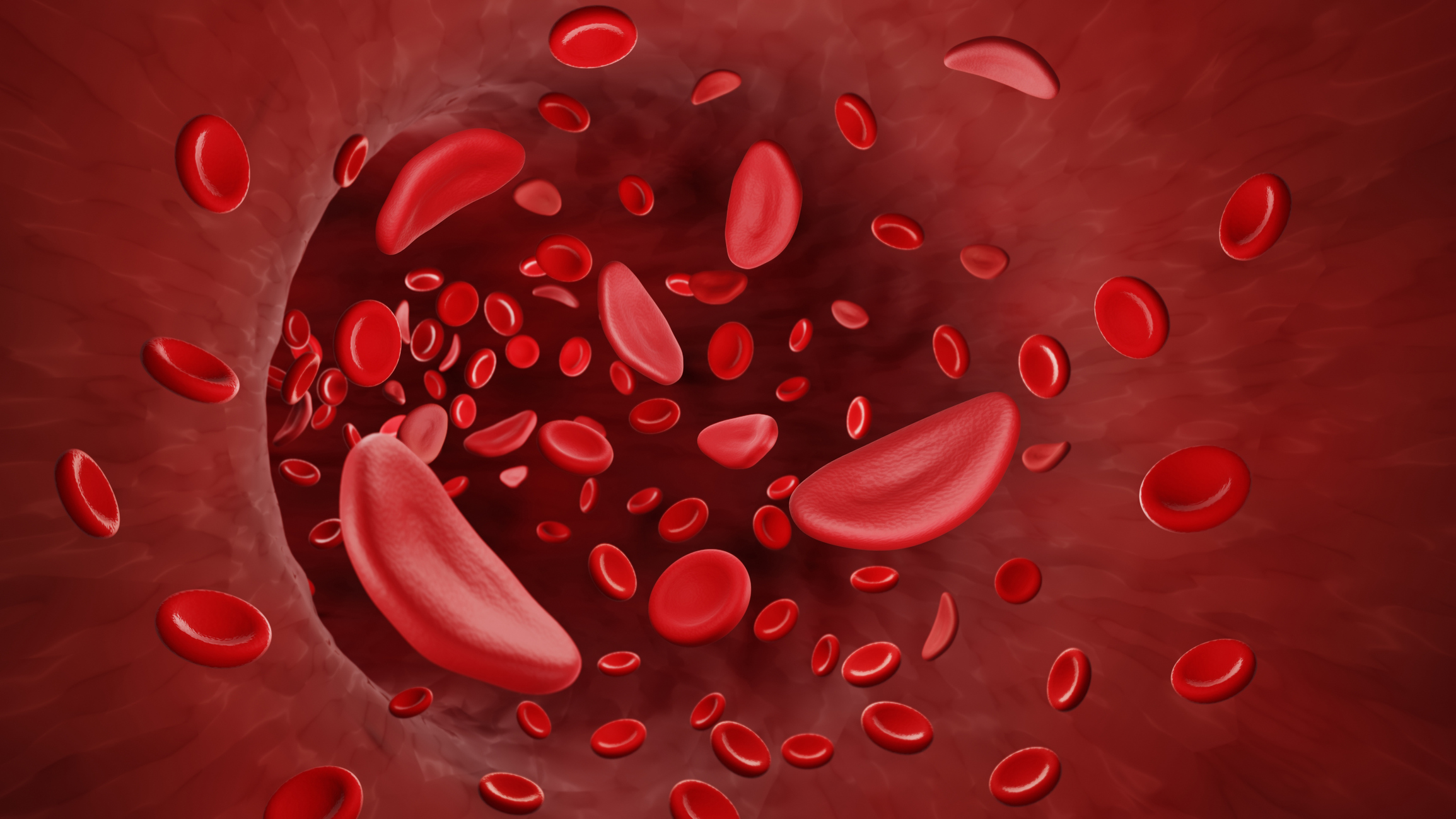A LANDMARK gene therapy to treat sickle cell has not been approved for NHS use, according to new draft guidance.
The National Institute of Health and Care Excellence (NICE) made the decision not to recommend the gene therapy treatment known as Casgevy, to treat sickle cell disease in patients who are 12-years-old and over.
According to the draft guidance – published earlier this month – the NICE committee noted the cost-effectiveness estimate for the treatment was higher than what would be acceptable for NHS use.
The guidance said it also needed more information to “address the uncertainties in the clinical and economic evidence” and has requested “additional data” from manufacturers.
The Sickle Cell Society, which supports people with the disease said it “disappointed” by decision.
Writing on X, the charity said: “Disappointed by NICE’s draft decision ion on Exa-cel gene therapy for sickle cell.
“With @AnthonyNolan, we urge NICE to reconsider.”
The Sickle Cell Society is urging the public to share their views in a consultation, which is open until 11 April.
Genetic condition
Sickle cell disease (SCD) is now the fastest-growing genetic condition in the UK, affecting around 15,000 people and predominantly occurs in people of African and African-Caribbean origin.
According to the National Institute for Health and Care Excellence (NICE), the condition is also on the increase in mixed race families.
Approximately, 8% of individuals of African descent in the UK carry the sickle cell gene and many patients need regular blood transfusions to stay alive.
Casgevy was one of only two treatments for SCD approved in the UK in the past 20 years.
Last November, the United Kingdom authorised the world’s first gene therapy that aimed to cure sickle cell disease.
The new ground-breaking treatment for sickle-cell disease and transfusion-dependent β-thalassemia was authorised by the Medicines and Healthcare products Regulatory Agency (MHRA) for patients aged 12 and over after a rigorous assessment of its safety, quality and effectiveness.
Casgevy is the first medicine to be licensed that uses the innovative gene-editing tool CRISPR, which its inventors were awarded the Nobel Prize in 2020.
It is designed to work by editing the faulty gene in a patient’s bone marrow stem cells so that the body produces functioning haemoglobin.
To do this, stem cells are taken out of bone marrow, edited in a laboratory and then infused back into the patient after which the results have the potential to be life-long.
The final NICE guidance is expected to be published on 17 July 2024.


Comments Form
2 Comments
Disgusting. The Government showing us yet again that our lives don’t matter. Literally telling us ‘you aren’t worth the money’
I’m disturbed and angry and now aware of the fight we have ahead. Because it matters and it IS worth it.
And is sounding discriminatory.
Not okay. Not good enough.
Very sad to hear that NIACE have turned down the gene therapy initiative for treatment for those over twelve years of age suffering with sickle cell. Although, NIACE have requested more information from the manufacturers at this stage we need to as community to participate in the consultation nthat opens in April this year.
Also, as this is an election year we to let are MP’s that this is a serious medical condition that leaves sufferers in a striken state of mobility and instability.
And of real concern to those in the black community who’s numbers are highest with the condition followed by members in the Mediterranean community. It could have beneficial consequences if both communities actually got together on this point and lobby whole heartily as the condition is the fastest growing gene condition in the UK. So any efforts to bring pressure to bare on Niace to change it’s initial conclusion asap to the report should be pursued with the utmost vigour even before Niace request for furnther information is received from the manufacturers.
It wholly morally wrong and inconceivable that grounds of costs is an overriding imperative that against those individuals, family and friends who all suffer the consequences of such a medical condition such as sickle cell.